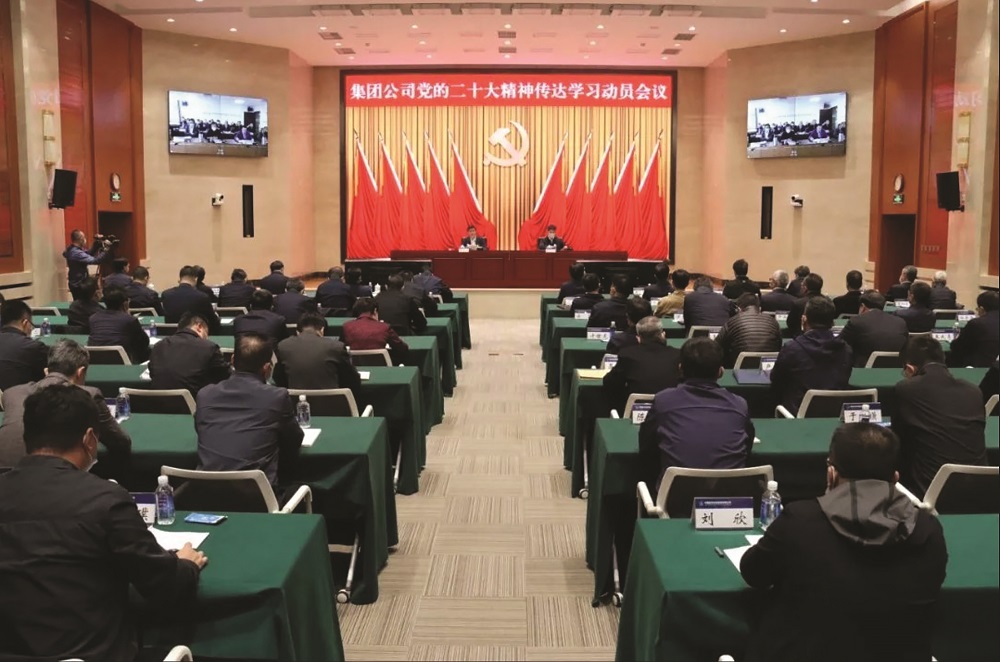WASHINGTON — A new report from the RAND Corporation suggests that China’s approach to space competition with the United States could increase the risk of unintended military escalation.
Drawing on authoritative materials including leader speeches, defense white papers, and military education documents, RAND’s report paints a concerning picture of Chinese military thinking on space security. The People’s Liberation Army’s (PLA) growing assertiveness, coupled with its historical reluctance to engage in crisis communication with the United States, is creating a volatile environment, says the study.
The report, titled “China’s Growing Risk Tolerance in Space,” was written by RAND Project Air Force, a division of the company that serves as the Department of the Air Force’s federally funded research and development center for studies and analyses.
According to the study, Chinese leaders see themselves in direct competition with the United States to build military power in space. And the PLA’s thinking on escalation in space has become significantly more risk-tolerant over the past decade. RAND says this shift aligns with Xi Jinping’s guidance to be more proactive in shaping the international environment, even if it involves higher levels of risk.
Other takeaways from the report:
Chinese leaders harbor deep suspicions of the United States, viewing it as a dominant but declining power likely to lash out against rising powers like China. This has led to inflated perceptions of U.S. threats and a policy approach that resists cooperation with the United States to prevent unintended crisis escalation.
The PLA views crisis communications mechanisms as tools for leverage rather than genuine efforts to prevent conflict. Chinese leaders tend to interpret U.S.-led efforts to establish such mechanisms as attempts to control China’s behavior, making them reluctant to engage in these efforts.
While a “space hotline” was established in 2015, there are no indications that China would be inclined to use it during a crisis.
The report recommends the U.S. should avoid investing heavily in establishing crisis communications mechanisms with the PLA, as these efforts are unlikely to be reciprocated in good faith. Instead, the PLA might use these mechanisms to draw the United States into prolonged and unproductive negotiations.
RAND’s analysis highlights a pattern of “worst-case thinking” in PLA scholarship, which often exaggerates the threat posed by U.S. space capabilities, increasing the risk of further escalation and instability.
The findings come at a time of heightened tensions between Washington and Beijing, with space emerging as a critical arena for strategic competition between the world’s two largest economies and military powers.
As space becomes a contested domain, RAND’s analysis underscores possible challenges facing U.S. policymakers in managing potential crises and preventing unintended escalation with a rival that views competition, rather than cooperation, as the primary mode of interaction in space.
